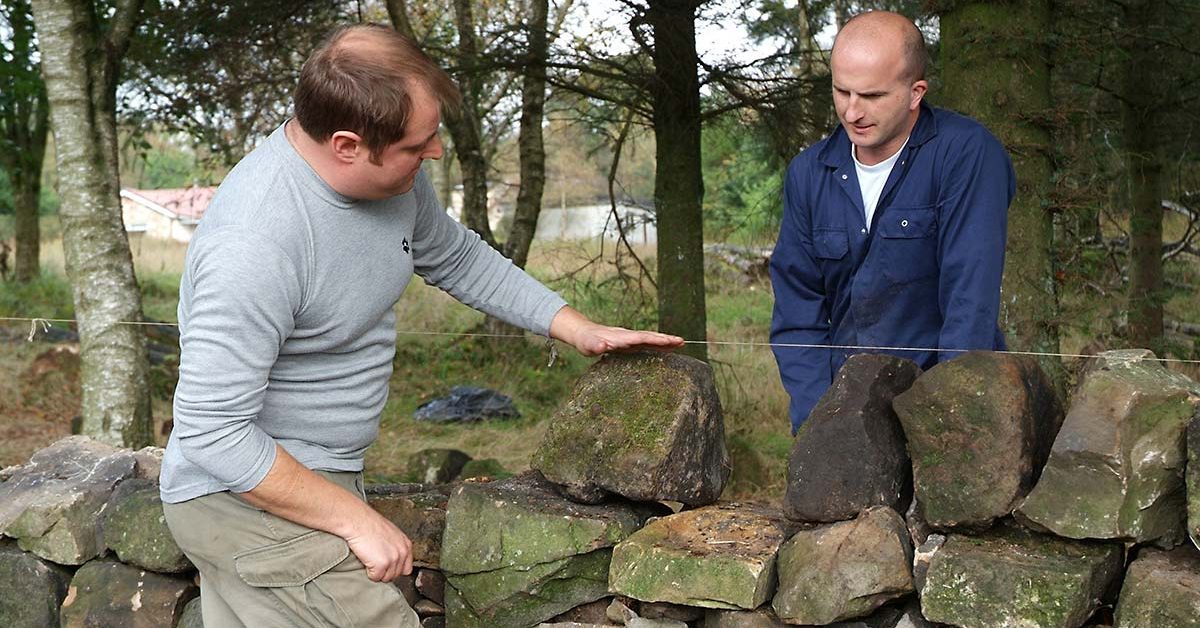Printed from: https://conservationhandbooks.com/dry-stone-walling/dry-stone-walls-and-conservation/the-future-of-the-walling-craft/
In addition to the major phases of walling, walls have needed repair and rebuilding through the centuries, which kept a certain level of skill alive in the farming community. The amount of activity would have closely reflected the cycles of agricultural prosperity and decline, with walls falling into disrepair in times of farming depression. At...

